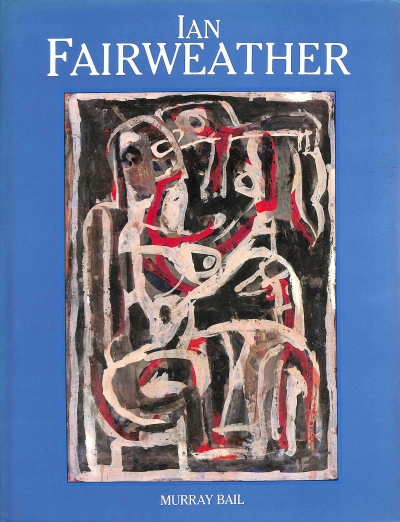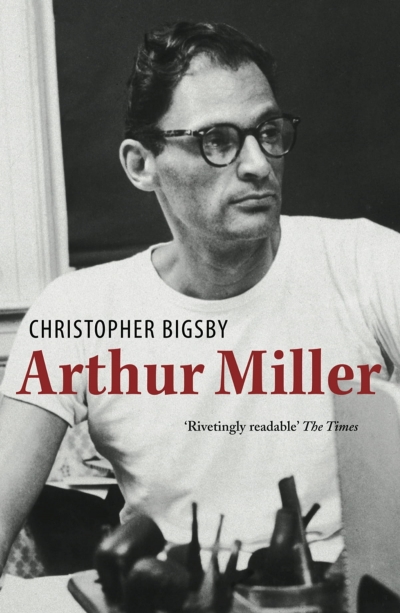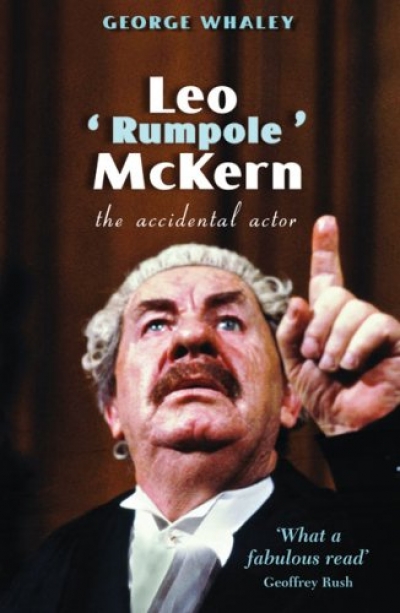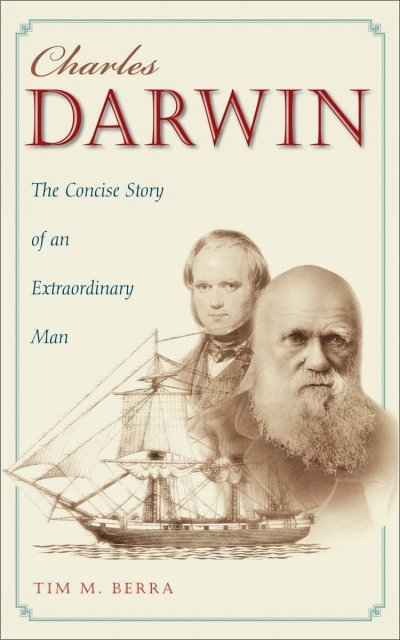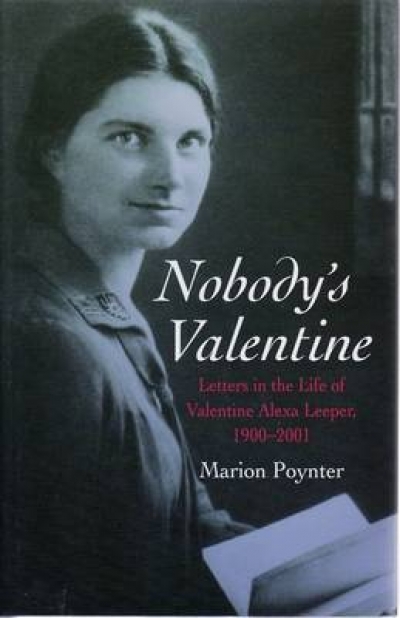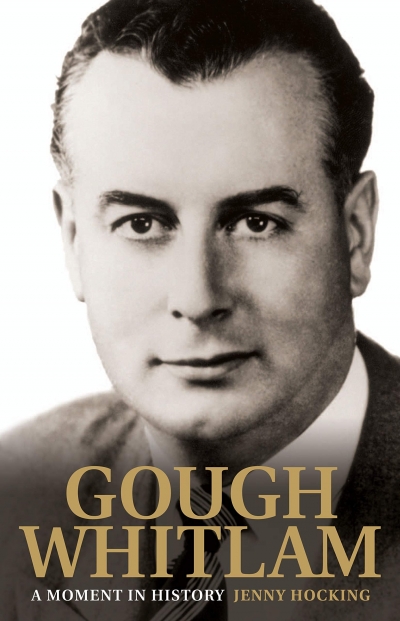Biography
When my husband died a while back, I was left with my memories and a house full of books. Harold was so ill, and for so long, that what I felt in those first few days after his death was a dulled feeling, ‘It’s over’. Not relief, certainly not joy, not even sorrow, but a blank sense of inevitability: ‘All over’: the end to the terrible struggle of the past few years, the harder struggle of the last few months, and the merciful oblivion of the last few days.
My husband had so many books, so lovingly collected. On various scraps of paper, inscribed at different times and places, he left contradictory instructions about what was to happen to his books when he died. Until I work out what to do, I have become caretaker of the books.
... (read more)
